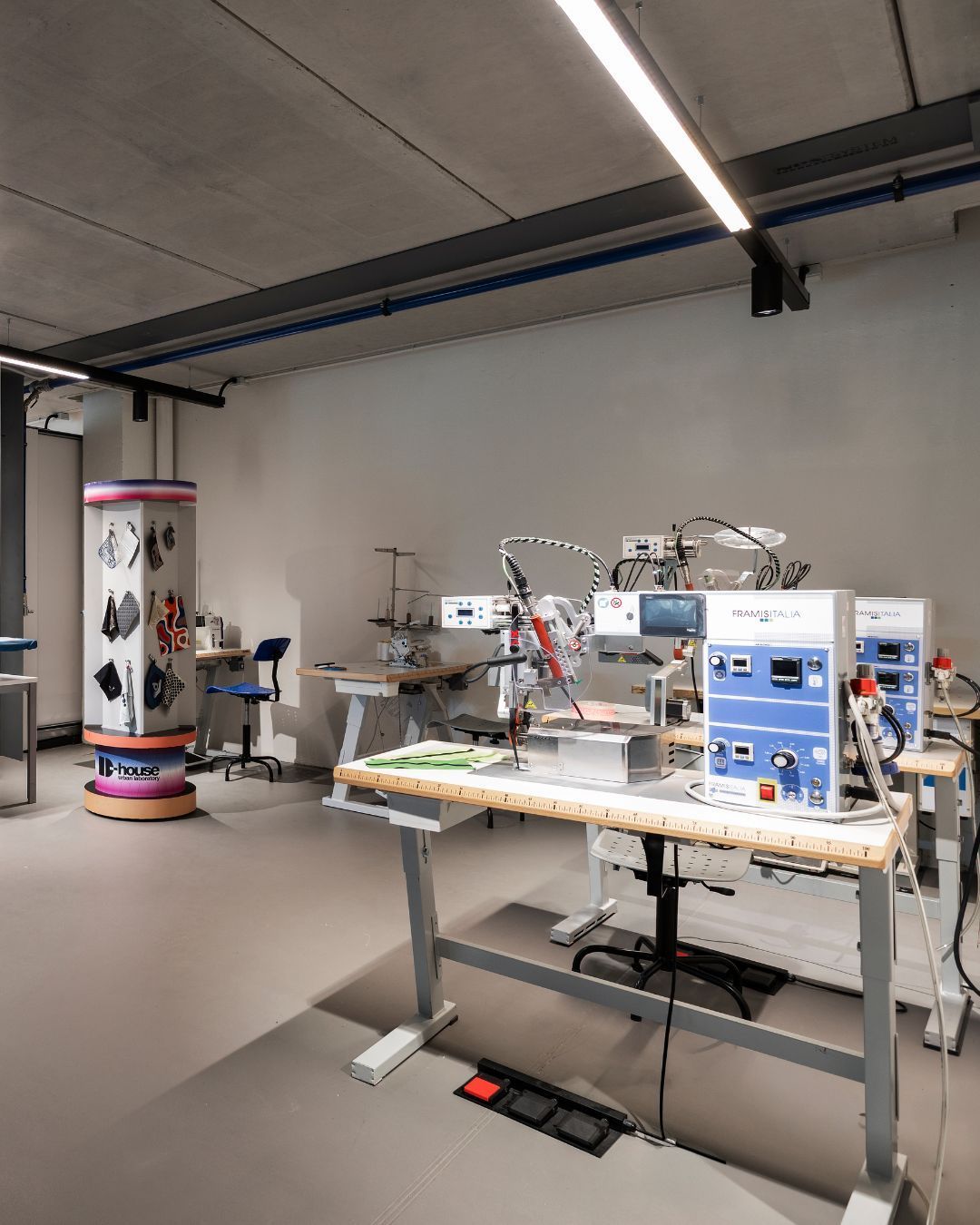
1 in 10 teens have used harmful weight-loss products Here's what the Monash University study tells us about the relationship with thinness
While the Meloni government drastically cuts funding to the National Fund for the fight against eating and nutrition disorders, an Australian study reveals that almost one in ten teenagers has used "ineffective and potentially harmful weight loss products" such as diuretics, laxatives, or slimming pills in their lives. The data highlight a real social and health emergency, exacerbated by phenomena such as Ozempic and Wegovy used as dangerous alternatives for rapid weight loss. While there is a social and cultural inability to break free from the collective illusion of a singular beauty connected to the concept of thinness, and there is a lack of both restrictions on access to such drugs and concrete support for the national network of clinics, as well as education and awareness on the issue, it is natural to wonder when we will stop turning a blind eye to the problem.
5.5% of teenagers use non-prescription weight loss products
The research team at Monash University reviewed 90 different studies, involving a total of 604,552 participants aged 18 and under from around the world. 8.9%, or almost one in ten, of the surveyed teenagers reported having used weight loss products at some point in their lives. Specifically, according to the study published in the Journal of the American Medical Association Network Open, 5.5% regularly use non-prescription weight loss products, 2% have used them in the last week, 4.4% in the last month, and 6.2% in the last year. It was also found that girls are much more likely to use these products than boys, with almost one in ten girls having used them in the last year.
The trend of "budget Ozempic"
Ozempic, the antidiabetic drug with the active ingredient semaglutide, is now Hollywood's worst-kept secret, the magical pen that reportedly allowed Mindy Kaling to lose a whopping 20 kg and helped Kim Kardashian fit into Marilyn Monroe's dress at the Met Gala. So much so that Wegovy, a high-dose variant of Ozempic approved in America as a weight loss treatment, quickly entered the market. On TikTok, videos multiply (#GutTok) praising its wonders and explaining how to use it, as well as alternative solutions for those who cannot obtain a prescription from their doctor. They call them "budget Ozempic" and are mostly over-the-counter stool softeners, advertised by social media creators as a cheaper and more effective way to lose weight. Of course, completely ignoring potential health risks. The phenomenon has become so widespread that the recipe for mixing them, the "Miralax Mango Miracle" smoothie, is trending, and the osmotic laxative PEG 3350, a substance that, once in the intestines, attracts water by osmosis, softening the stool and promoting intestinal transit, has become almost unavailable in the United States. Therefore, it's not surprising that the Monash University study revealed that although weight loss pills remain the most common DIY weight loss method (6%), laxatives are in second place (4%), and diuretics are in third place (2%).
The dangers of DIY weight loss methods for health are high
There is no magic wand for weight loss. And certainly, relying on TikTok or DIY remedies is not a solution. It is necessary to rely on experts, follow the advice of qualified doctors, nutritionists, and dietitians who will recommend, according to individual needs, a proper diet to follow, accompanied by regular physical activity and possibly the use of certain medications. Taking weight loss pills, laxatives, and diuretics indiscriminately and often unknowingly is dangerous, especially during adolescence. The recent study emphasizes that their use without prescription in adolescence increases the risk of unhealthy weight gain in adulthood and is also associated with an increased risk of being diagnosed with an eating disorder. The researchers stated that "non-prescribed weight loss products in children are not medically recommended for maintaining a healthy weight because they do not work, are dangerous, are associated with harmful weight gain in adulthood, and an increased risk of being diagnosed with an eating disorder within several years of starting use". They also added that "this is a public health concern because correlations have been found between the use of weight loss products and girls with low self-esteem, parental influence to lose weight, parental dissatisfaction with weight, dissatisfaction with their own bodies, peer groups that value thinness, and the influence of media or social media promoting unrealistic beauty standards".
What the Monash University study tells us
The data highlight a real social and health emergency that cannot continue to be ignored. Part of the purpose of the Monash University study, in addition to identifying the relationship between teenagers and weight loss drugs, was to "enable political developments, further research, and targeted educational strategies among particular at-risk groups." As emphasized by the research team, it is time to focus on education and regulation of non-prescription weight loss products, making the potential harms of uncontrolled intake clear. But that's not enough; a multidisciplinary approach is needed, including nutrition education, psychological support, and a real shift in the concept of beauty. Rhetorical proclamations unsupported by concrete actions are not sufficient, nor is it enough to say that all bodies are valid. Nor can we be surprised with indignation and complacency if the data confirm that "in a population that feels it is doing everything necessary to lose weight, weight loss pills can be a very, very intriguing addition to one's arsenal."

























































